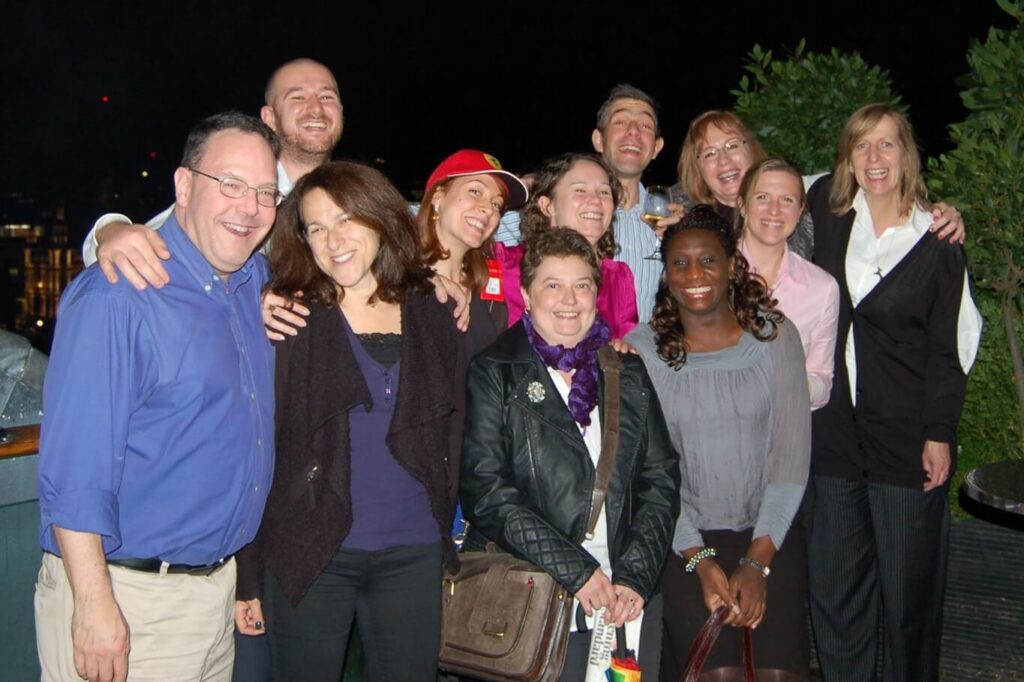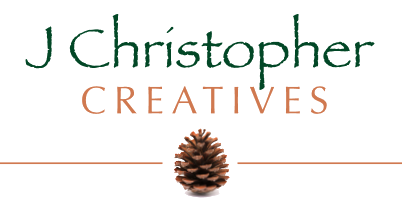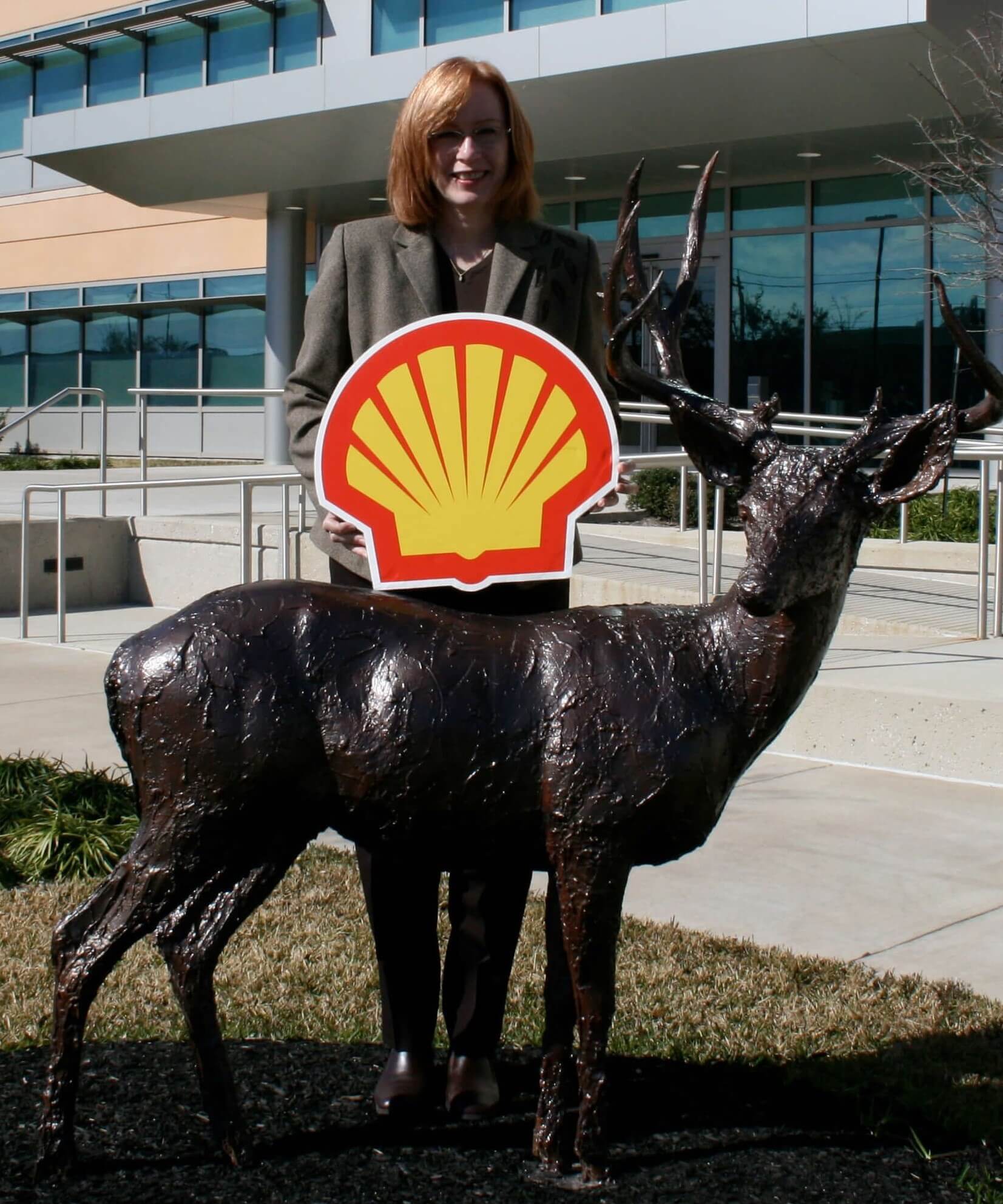One of the last bits of unsolicited feedback I received before retiring from the corporate world in late 2020 was that I should have been a teacher. Apparently, something I had said—or perhaps how I had said it—during a job interview gave one of the questioners the impression that perhaps, after forty years of a successful public relations career, I may have chosen the wrong profession.
My mother would have been thrilled to hear that, as she was convinced I was doomed to a jobless future with a bachelor’s degree in English without a teaching certificate. I chose not to become a teacher, thereby also choosing not to follow in her footsteps or those of my paternal grandmother and many of my ancestors, including a great-great-great-great-grandfather, Caleb Hazel, who had taught Abraham Lincoln.
Instead, I decided to try my luck in the business world—with a degree in English. I applied for a job with a bank in downtown Houston in 1979 and was hired on the spot to fill a new role as Communications Coordinator. For the next four years, I had the most fun—making things up as I went along, using my writing and creative skills, printing newsletters, decorating bulletin boards, planning the annual Christmas party and picnic. I had no idea at the time what was to come.
In the early 1980s, the bottom fell out of the banking industry and I was laid off, then again after a brief stint with another company. Eventually I landed on solid ground and learned the profession of public relations purely by luck and instinct.
I had a fortunate career overall, and I am grateful for the experiences as well as the occasional hard lessons. In every job with every company, I walked away, knowing without a doubt what lasting work-related contributions I’d made. I also knew when it was time to go. But it was hard to know when, why, or how I should leave my last employer. I felt there was always more to do.
In my seventeen years with Shell, I walked side by side with leaders in a range of capacities, working with them to transform a business, protect or improve our reputation, acquire or divest assets, and connect on very human terms with our valuable stakeholders. I wrote countless plans, news releases and feature stories, negotiated with reporters, supported and counseled incredibly talented team members, coached leaders from the C-suite down to the control rooms, traveled in the corporate jet (with small-town-girl stars in my eyes), racked up more frequent-flyer miles with British Airways in three years than most people do in a lifetime, visited offshore platforms in the Gulf of Mexico, and tried without success to understand the confusing mess of pipes and processes in refineries and chemical plants. And I loved every exhausting minute of it.
In May 2020, just as I was contemplating the upcoming Shell voluntary severance program—a result of COVID-19 impacts to the economy and the industry—I received an email from one of my team members from years ago. He wanted to thank me for the tough-love conversation I’d had with him, that I had combined logic and reason with warmth and compassion. He said he didn’t just hear what I had to say; he felt it. He knew I wanted him to improve and, more importantly, that I believed he could. Lastly, he said it was the single most important work conversation he’d ever had, and it changed the trajectory of his career moving forward. Wow. How ironic to receive this sweet note at that moment, as I was just coming to grips with my decision that it was time to leave Shell and explore my talents and gifts in new and different ways.

I had hung around through thick and thin and for far longer than any other job I’d had. I honestly never thought about leaving. I stayed for many reasons, mainly because of the company’s longstanding values around diversity and inclusion, and even though I complained about it—the never-a-dull-moment atmosphere and the company’s need to continually reinvent itself, opening up new opportunities every few years—I also thoroughly enjoyed the never-ending opportunities to know people who were very much not like anyone else I know. Working in Shell, as with any international environment, offers a rich tapestry of nationalities, languages, cultural backgrounds, religions, and customs.
And for one last reason that is difficult to explain yet is the most important of all—I stayed because of the heart of Shell. It was always around me—in the way the company and its leaders, its people, strived to do the right thing. At the core, Shell is a company forever grounded in integrity, trust and respect, and with a persona similar to mine—never good at bragging about what it does best, always leaning toward apology, and hesitant to fight too visibly or strongly. I always wanted Shell to be bold, even when I could not be. In the end, we became good friends, Shell and I, making it even more difficult to step away.
It took me a long time to understand and embrace this truth: It was never about the jobs won or lost, the promotions or the bonuses, the hard-won praise for work well done, or for any of the things we’re led to believe are the ultimate prizes. For me, it slowly became entirely about the people—leaning in with good intent, paying it forward without hesitation, and pouring as much of myself into each individual as my own human limits would allow.
Perhaps the reflection of who I had become is what the interviewer saw and heard in my responses. I take it and own it, proudly and without any regrets, this idea of rounding out my successful corporate PR career as a teacher. If I have uplifted some along the way, prodded and poked and preached, and repeated wisdoms and tips and insights, instructing in the craft of public relations as well as in the art of securing that coveted seat at the table of business, and in the process leaving most with a fresh view of their own worth and value and promise, that’s the greatest gift, the best legacy, that I could ever have left behind.
So yes, Mother. Keep smiling in Heaven. I am a teacher after all.



11 thoughts on “A Teacher After All”
And if you’d like to bring those skills to the Valenti School of Communication for Fall 2021, I’d love to have you teach PR Campaigns for us. That’s one of my courses that hasn’t been picked up by faculty. Kim Paisley teaches a section for us. Between us, we can get you squared away. Just let me know if you’re interested!
Hi Julie — absolutely, sign me up!
Your ability to coach and mentor those in the highest seats and those still sitting on the ground left immeasurable impressions. Indeed, a great legacy Caleb Hazel would be extremely proud.
❤️❤️❤️
This is wonderful! Thank you for sharing.
I loved reading this Chris. Keep publishing. -Katie
Having been the lucky one to join the “Best Team Ever” for only the last year, I can fully subscribe to the feedback of your former colleagues, Chris. A conversation with you was always more than the typical line manager conversation. You cared and that shined through – over a long distance usually. You’ll be an amazing teacher!
I feel very proud and privileged to have been a part of that “Best Team Ever,” in 2014. Thank you, Chris, for all that you taught me.
Very well said Chris!
The team of you and Julie will be formidable! Brava!
Nice Chris. Someone still laboring for the pecten should share that liberally throughout the @shell.com network. Would hearten a lot of folks who could probably use a little heartening from time to time.